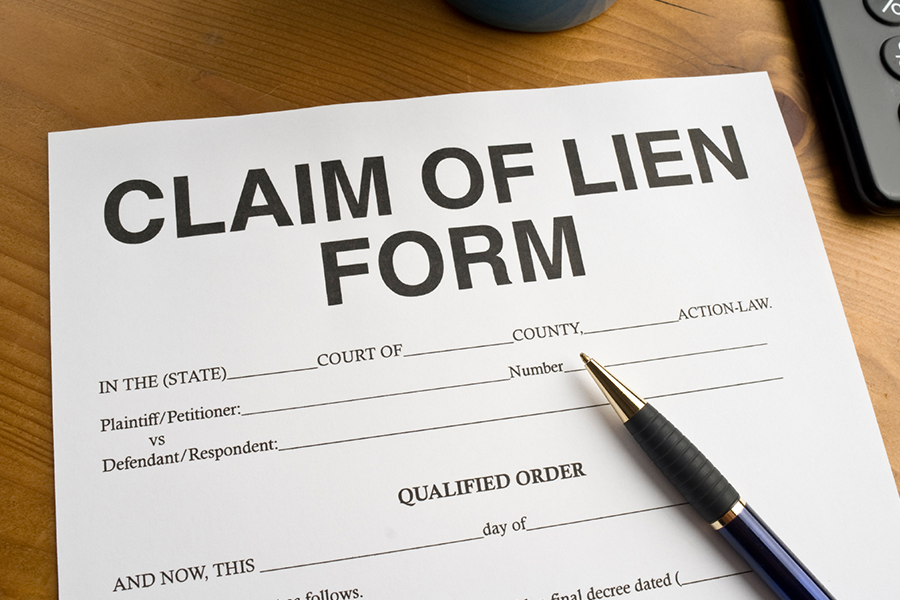Have you ever noticed that some states involve “deeds” while others have “mortgages”? There’s a difference between the two real estate terms and when they apply.
In the U.S., each state is either a lien theory state, a title theory state, or a combination of the two.
Why do you need to know which custom is practiced in your state? It’s important to understand the difference between Lien Theory States and Title Theory states to know your rights as a homeowner.
Lien Theory
In the Lien Theory of mortgages, mortgage lenders never retain title to the property. Instead, they hold a “lien” against the property using a mortgage.
The buyer will hold the deed to the real estate property during the loan term instead of the lenders. The buyer promises to make payments on the mortgage according to the terms in the mortgage agreement.
The lender’s lien on the property is removed once all loan payments have been completed.
Lien Theory States
- Arkansas
- Connecticut
- Delaware
- Florida
- Illinois
- Indiana
- Iowa
- Kansas
- Kentucky
- Louisiana
- Maine
- New Mexico
- New York
- North Dakota
- Ohio
- New Jersey
- Pennsylvania
- Puerto Rico
- South Carolina
- Wisconsin
In these states, the deed stays with the borrower, and the lender places a lien on the property using a mortgage. The lien is extinguished when the loan is paid in full.
To illustrate, say you own a house in a lien theory state. The title to your home belongs solely to you. When you borrowed money to buy your home, you signed a mortgage.
In return, the lender gives the borrower a security interest in their title to the property to secure the lender’s rights.
A voluntary lien is thus created against the title. Involuntary liens are usually the result of a lawsuit.
Title Theory
Here, mortgage lenders hold the title to the property in the name of the borrower through a Deed of Trust – when the loan involves an agreement between a trustor and a creditor lending the money/selling the property, plus a trustee.
A trustee, an independent third party, oversees the trust until the trustor pays the creditor back, with the power to foreclose on the buyer if there are borrower defaults on the loan.
Title Theory States
- Alaska
- Arizona
- California
- Colorado
- Washington D.C.
- Georgia
- Idaho
- Mississippi
- Missouri
- Nebraska
- Nevada
- North Carolina
- Oregon
- South Dakota
- Tennessee
- Texas
- Utah
- Virginia
- Washington State
- West Virginia
- Wyoming
If your home site is in a title theory state, it means that for you to secure a loan to buy a home, you first have to place your title into a trust. Instead of signing a mortgage, you sign a deed of trust.
When the loan is paid off completely, the lender issues and records a Deed of Reconveyance in favor of the borrower with a clear title to the property. The Deed of Reconveyance removes any interests that the lender may have in the property.
Intermediary Theory
In intermediary theory states, the borrower retains the title however, with an agreement that the lender can take back the title when a borrower defaults on the loan (without judicial proceedings) arise.
Intermediary Theory States:
- Alabama
- Hawaii
- Maryland
- Massachusetts
- Michigan
- Minnesota
- Montana
- New Hampshire
- Oklahoma
- Rhode Island
- Vermont
Map Summary of States
Lien Theory Vs. Title Theory
In both title theory states and lien theory states, if you fail to pay your loans back, you could lose any title through the legal process of foreclosure.
The differences between title and lien theories lie in who holds the title, and how foreclosure is handled.
Generally, the foreclosure process in Title Theory States occurs through a non-judicial proceeding (handled by a trustee), while foreclosures in Lien Theory States are conducted via judicial proceedings (typically a lawsuit).
Differences in Foreclosure Proceedings
The interpretation of a mortgage law depends on whether the state classifies under lien state or title state jurisdiction.
Foreclosure proceedings in a lien theory vs in a title theory state may be more difficult for a lender, since the buyer is the one holding the property title and not the lender.
Generally, a judicial foreclosure is instigated after the lender files a foreclosure lawsuit and the court issues a foreclosure judgment against the borrower.
The non-judicial foreclosures are handled without any interaction with the courts and are often resolved sooner than judicial foreclosures.
It’s important to note that the original mortgage agreement should include the power-of-sale clause, which grants the lender the right to proceed with a non-judicial foreclosure (Most deed of trust mortgages include this clause).
Conclusion
Real estate laws vary state by state. Each real estate theory has special considerations on who holds the title, and how foreclosure proceedings take place.
Comment your email address and questions, if you have any. And remember to check with your title officer at the time of your real estate purchase to verify the current practice in your state.





